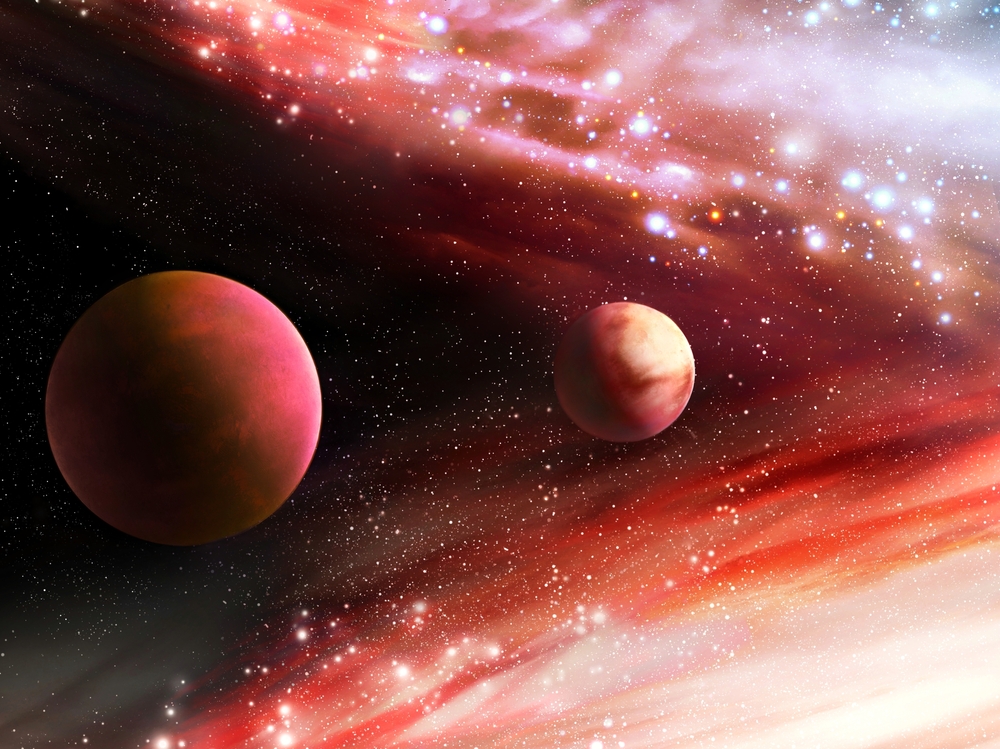UCC hosted the 2024 Inaugural Professorial Lecture Series with an Exoplanets Astrophysics Lecture on Exoplanets by Prof Bertram Bitsch
Thanks to Prof Bitsch for an engaging & informative #astrophysics lecture & we welcome him to the #UCCSTEM family.
Watch the lecture here
Exoplanets
Exoplanets are planets that orbit stars outside of our solar system. They are also known as extrasolar planets. These planets are incredibly diverse and can vary greatly in size, composition, and orbit. Exoplanets were first discovered in the 1990s, and since then, thousands have been identified using various methods, including the transit method, radial velocity method, direct imaging, gravitational microlensing, and more recently, the detection of exoplanet atmospheres.
Exoplanets are of great interest to astronomers because they provide insights into the formation and evolution of planetary systems beyond our own. By studying exoplanets, scientists can learn about the prevalence and diversity of planetary systems in the universe, as well as the conditions that may be conducive to life.
Some exoplanets are located within the habitable zone of their host stars, where conditions might be suitable for the existence of liquid water—a key ingredient for life as we know it. These “potentially habitable” exoplanets are particularly intriguing targets for further study.
The study of exoplanets is a rapidly evolving field in astronomy, with new discoveries being made regularly, expanding our understanding of the cosmos and the possibilities for life beyond Earth.
-
Astronomy
Classroom Based, Astronomy Course by Malahide Community School Adult Education – Malahide, Co. DublinASTRONOMY Course Description: This course is intended for beginner! and no prior knowledge is required. Perhaps you’ve often looked up at the night sky and wondered “what’s really up there?” If so, this may be just the course for you! Some […]
-
Astronomy – 12 Steps to the Moon
Classroom Based, Astronomy Course by People\\\’s College for Continuing Education and Training – DublinAstronomy – “12 Steps to the Moon” Tutor: Mr. John Flannery of the Irish Astronomical Society. (John is one of the best known figures in amateur astronomy in Ireland. He has lectured, broadcast and written extensively on the topic of […]











